.jpeg)
Hospital Leak Detection: Protecting Facilities from Water Damage
Hospitals are critical healthcare facilities that must always be prepared for emergencies and disasters. While many hospitals focus on fire safety and emergency response plans, it’s equally important to address potential water damage risks. Water leaks can cause significant damage to the structure, equipment, and overall functionality of a hospital. Therefore, implementing a comprehensive hospital leak detection system is crucial.
The Importance of Hospital Leak Detection
.jpg)
Leaks in hospitals can occur in various areas, including plumbing systems, roofs, underground pipes, and medical equipment. Without proper detection and timely intervention, these leaks can lead to:
- Water damage to walls, ceilings, and floors
- Mold and mildew growth, posing a health risk to patients and staff
- Damage to expensive medical equipment, compromising patient care
- Disruption of critical services, such as operating rooms and diagnostic laboratories
- Structural damage, jeopardizing the safety of the entire facility
By investing in hospital leak detection systems, healthcare facilities can prevent these risks and ensure the uninterrupted operation of essential services. Early detection allows for immediate repairs, minimizing the damage and associated costs.
Types of Hospital Leak Detection Systems
There are several types of hospital leak detection systems available, each tailored to address different types of leaks and areas of vulnerability:
.jpg)
1. Water Leak Detection
Water leak detection systems monitor the flow of water and identify any abnormal patterns or leaks. These systems use various technologies, such as flow sensors, pressure sensors, and moisture sensors, to quickly detect leaks and alert the responsible personnel.
2. Pipe Leak Detection
Pipe leak detection systems focus on identifying leaks in the plumbing network. These systems use sensors and acoustic monitoring to detect the sound of water escaping from pipes. They can pinpoint the exact location of the leak, allowing for precise repairs.
3. Gas Leak Detection
In addition to water leaks, hospitals also need to be vigilant in detecting gas leaks. Gas leak detection systems utilize gas sensors to identify any leaks in the hospital’s gas supply lines. Quick detection of gas leaks is crucial for preventing potentially hazardous situations and ensuring the safety of patients, staff, and visitors.
4. Roof Leak Detection
Roof leak detection systems utilize moisture sensors and thermal imaging technology to identify any leaks or water intrusion in the building’s roof. Timely detection of roof leaks prevents water damage to ceilings, walls, electrical systems, and other vulnerable areas.
5. Electronic Leak Detection
Electronic leak detection systems are commonly used in areas with sensitive electrical equipment or critical infrastructure. These systems use electrical conductivity measurements to detect leaks in various materials, such as membranes and containment systems. They are particularly effective in detecting leaks in laboratories, clean rooms, and medical gas storage areas.
Benefits of Hospital Leak Detection
Implementing a robust hospital leak detection system offers several benefits:
- Early detection and prompt repairs minimize water damage, reducing repair costs and potential downtime.
- Prevention of mold and mildew growth promotes a healthy and safe environment for patients, staff, and visitors.
- Protection of expensive medical equipment ensures continuous patient care and minimizes financial losses.
- Preservation of structural integrity enhances the overall safety and functionality of the hospital.
- Compliance with regulatory standards and accreditation requirements, ensuring the facility’s credibility and reputation in the healthcare industry.
Hospital Leak Detection Services
For comprehensive leak detection services, hospital administrators can rely on Service Water Restoration Pros. With their expertise in water damage restoration and leak detection, they can help hospitals implement effective strategies and systems to safeguard their facilities.
To learn more about hospital leak detection and related services, visit their website:
- About Service Water Restoration Pros
- Water Mitigation Service
- Fire Damage Repair
- Mold Remediation
- Flood Damage
- Contents Handling & Cleaning
- Burst and Frozen Pipe Repair
- Slab Leak Detection & Restoration
- Commercial Cleaning and Restoration
Frequently Asked Questions
What are the common causes of water leaks in hospitals?
Can leak detection systems be integrated with existing hospital infrastructure?
How often should hospitals conduct leak detection inspections?
Add link sources:



